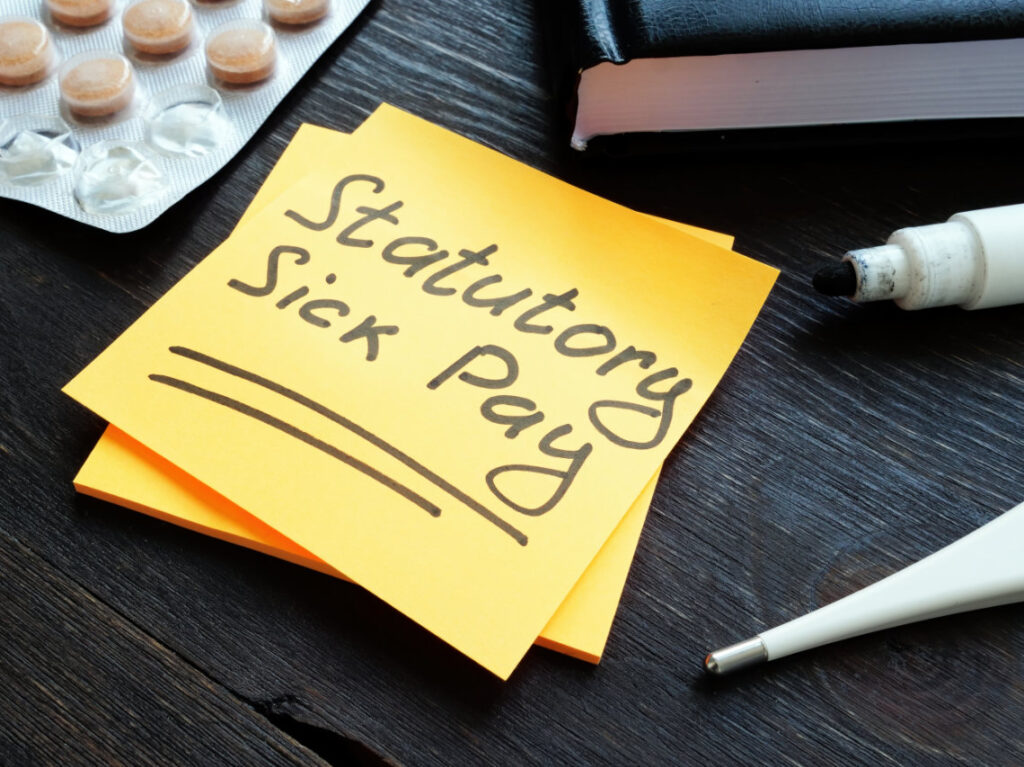
Statutory Sick Pay (SSP) is the amount payable by employers when an employee is off work sick. Since April 6th, it’s been set at a flat rate of £118.75.
There are certain eligibility requirements, for example:
- SSP is not currently payable during the first three days of absence, known as ‘waiting days’.
- People earning less than £125pw (the Lower Earnings Limit or LEL) aren’t entitled to it.
The Employment Rights Bill proposes to make changes to SSP rules.
In particular:
- The concept of ‘waiting days’ will disappear. Eligible employees will receive SSP from their first day of absence.
- Those earning below the LEL will now be eligible to receive SSP.
Why these changes to SSP?
Acknowledging that the rate of SSP would need to be adjusted for those earning less than the LEL, the Government launched a consultation in 2024 focused on establishing what percentage of earnings should be used to calculate SSP for these workers. It concluded that the appropriate percentage rate for SSP is 80% of the SSP flat rate, where 80% of an employee’s normal weekly earnings is less than the flat rate.
To give a real-world example, if an employee earns £100 per week, then they earn below the LEL (and below the current weekly flat rate for SSP). Under the new rules they would be entitled to receive 80% of £100 (or £80) per week as an SSP payment.
Further reading
- Government reviews statutory sick pay for low earners – Hunter Law
- Employment Rights Bill – Top 8 significant changes – Hunter Law
- Government announces new statutory rates for family leave and sick pay – Hunter Law
If you enjoyed this blog then perhaps you’d like to sign up to our monthly newsletter. We’ll keep you updated on what’s new in employment law.
The team at Hunter Law is here for you. We can handle your HR issues, finesse your policies, and keep you up-to-date on evolving legislation. Please get in touch with our legal team, we’d love to help.

